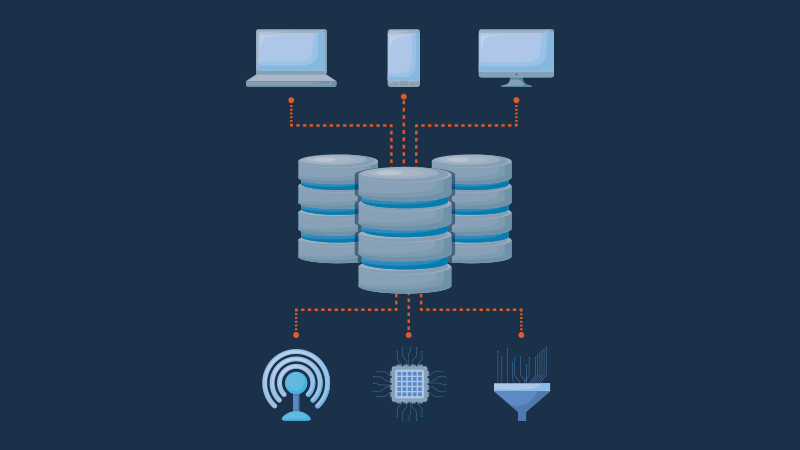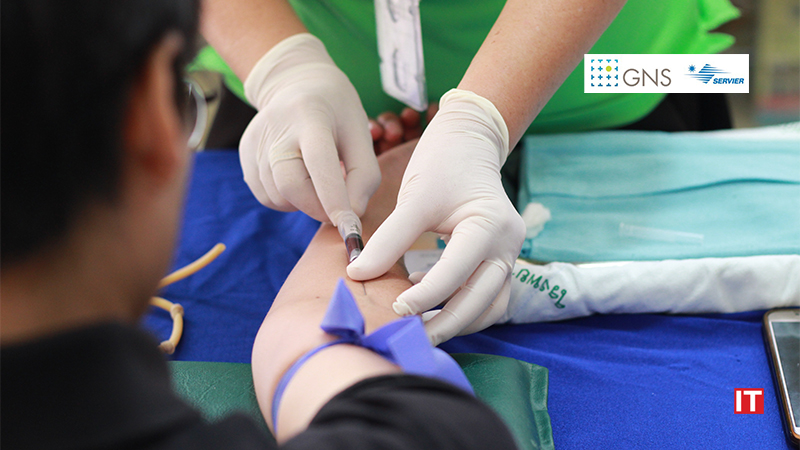GNS, the leader in the use of “Digital Twins” and Causal AI & biosimulation technology for biopharmaceutical drug discovery and development, and Servier, a global pharmaceutical group, today announced a collaboration to advance drug discovery, translational, and clinical development efforts in Multiple Myeloma (MM).
“This collaboration furthers Servier’s goal to accelerate its drug discovery and clinical development efforts through AI and biosimulation and other digital initiatives,” said Claude Bertrand, EVP of Research and Development at Servier. “We believe GNS’ Digital Twin and unique causal AI models will help our research and early development group improve our understanding of MM disease biology and, ultimately, transform our drug discovery and clinical development process”.
We are delighted to collaborate with Servier to help advance research in MM and leverage our Gemini Digital Twin models.
“We are delighted to collaborate with Servier to help advance research in MM and leverage our Gemini Digital Twin models to help uncover novel insights and reveal the hidden biological circuity of this disease,” said Joe Donahue, Chief Business Officer at GNS. “Working together with the outstanding Servier team, we hope to make a difference in the lives of patients with MM.”
The collaboration will address key questions about how MM progresses in different patient subpopulations, including discovering what are the most synergistic pathways for new combination therapies and will help Servier gain insights that can advance their translational and clinical development efforts. This work will initially leverage the GNS Gemini Digital Twin for MM developed using the rich clinico-genomic data from the Multiple Myeloma Research Foundation (MMRF) CoMMpass study.
Also Read: World’s First AI Writing Assistant Powered by GPT-3 Launches in the App Store.
GNS‘ MM Digital Twin leverages the rich patient multi-modal data generated by MMRF to create a transparent, accurate, quantified representation of complex biological mechanisms, revealing new circuitry of human disease. By conducting biosimulations, which are essentially computational experiments, one can discover new drug targets and disease mechanisms, and can also determine which drug candidates are more effective than others and why certain molecular profiles of patients lead to better and more durable response. Ultimately, the MM Digital Twins will radically change how Pharma R&D is conducted by helping to accelerate the identification of new targets and target combinations, new biomarkers, and enabling the in silico design of better trials.


































